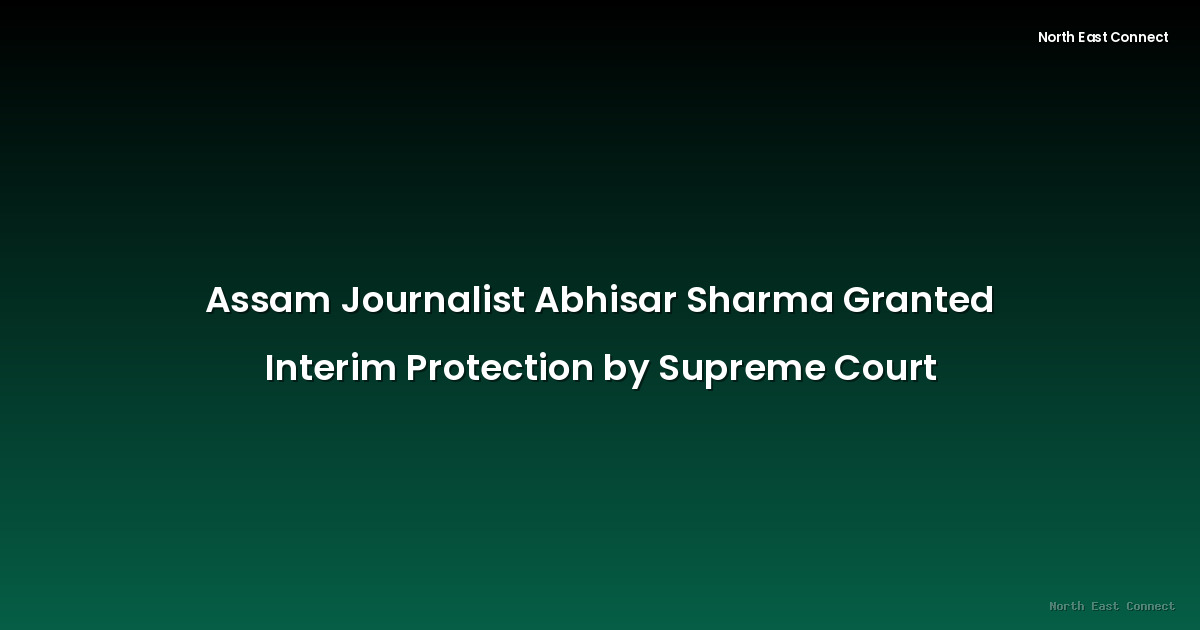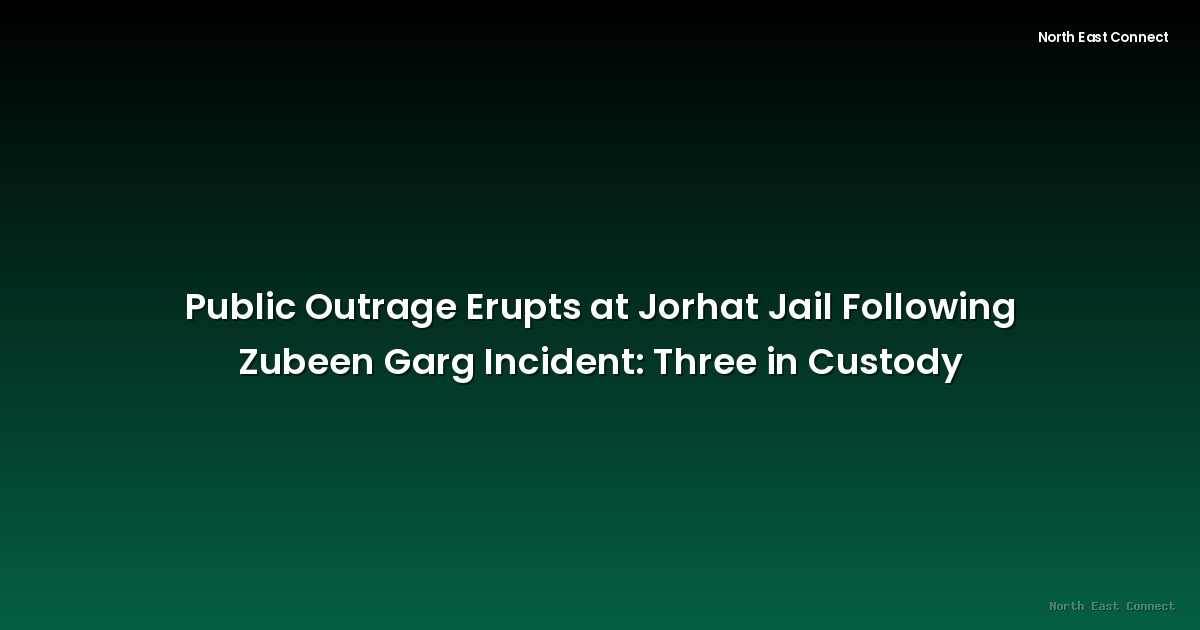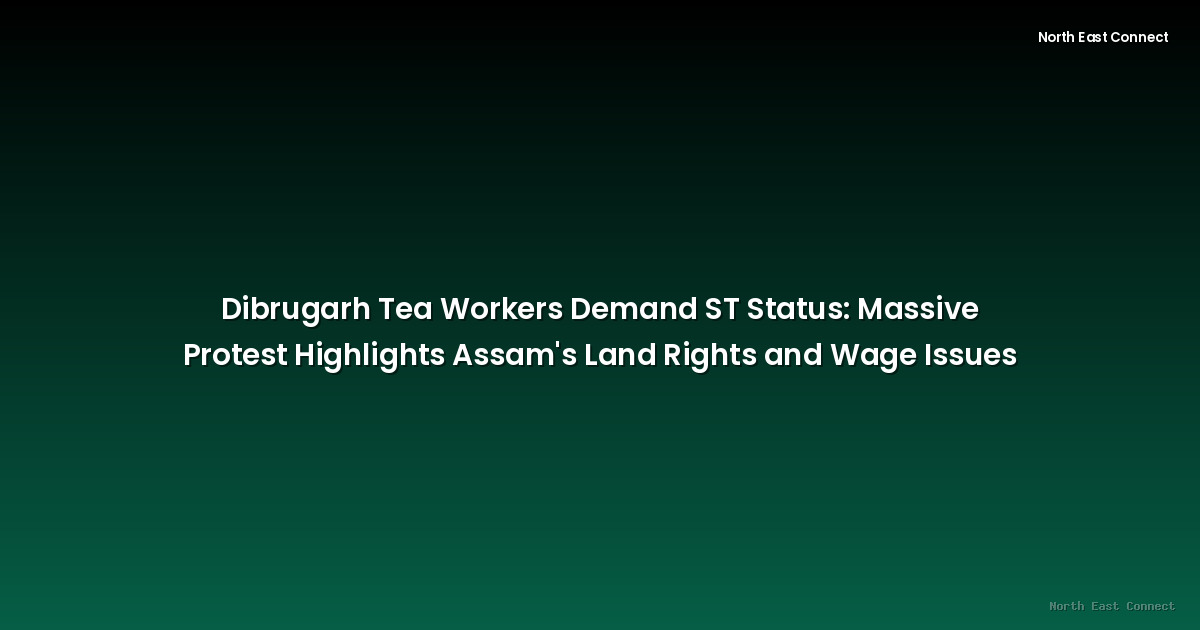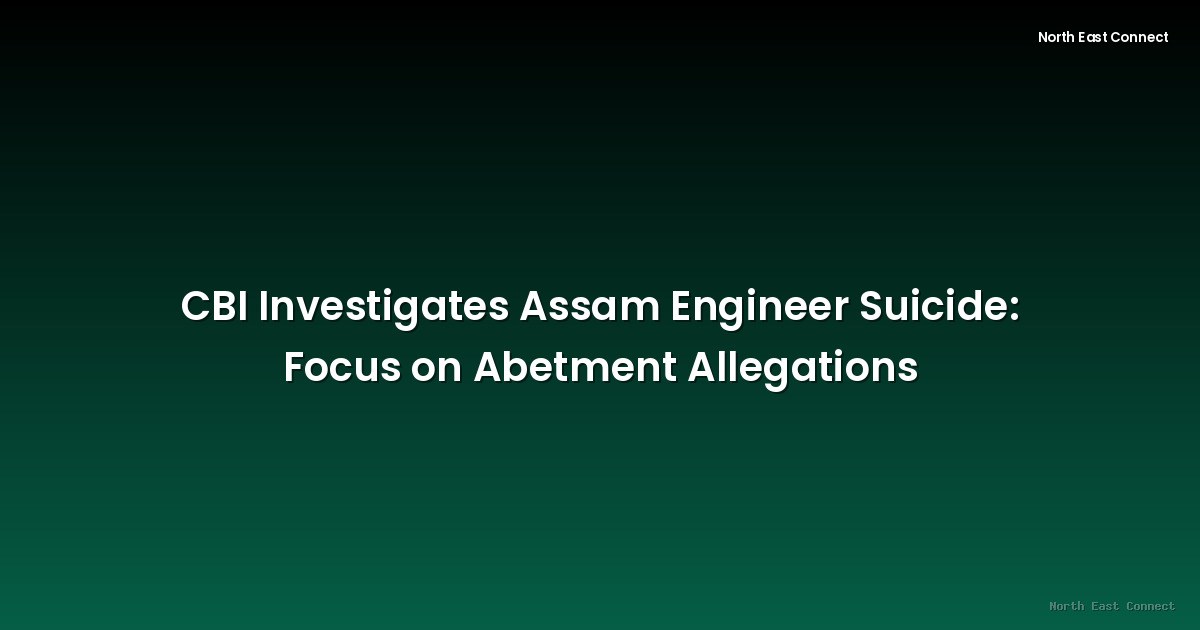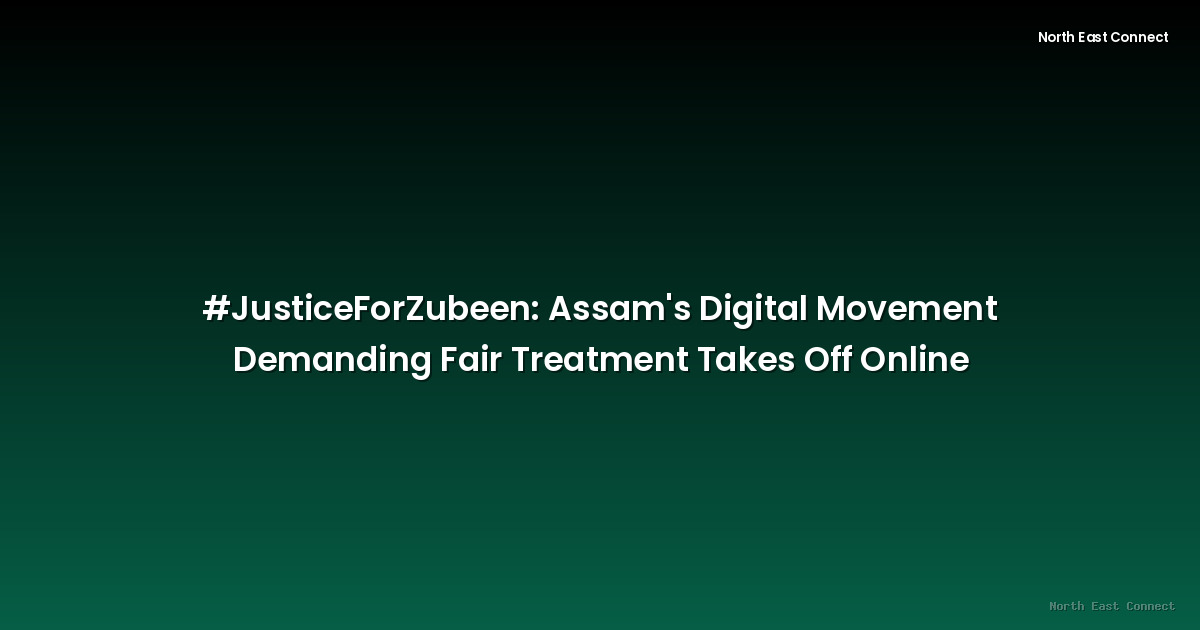2025-08-30 · News
Assam-based journalist Abhisar Sharma has received a four-week interim stay of protection from the Supreme Court of India. This interim order offers temporary relief from an FIR (First Information Report) filed against him in Assam. While the specifics of the FIR remain undisclosed in readily available public reports, the Supreme Court's intervention highlights a concern for Sharma's safety and potential threats to press freedom.
The Supreme Court's decision to grant interim protection suggests the court found merit in Sharma's plea. The details of his appeal, including the exact nature of the allegations in the FIR and Sharma’s arguments for the interim protection, were not explicitly detailed in initial news reports. However, the urgency implied by the granting of interim relief points to a potentially serious situation impacting the journalist’s well-being.
The four-week period granted by the Supreme Court provides a crucial window for further legal proceedings. During this time, Sharma and his legal team can potentially file a more comprehensive response to the FIR and pursue legal remedies to ensure his safety and protect against any potential misuse of the legal process. The court’s action underscores the importance of due process and the protection of individuals, especially those involved in journalism, from potential harassment or intimidation.
The case highlights the ongoing challenges faced by journalists in certain regions of India. Threats and legal actions against journalists can create a climate of fear that can impede the free flow of information and the public’s right to know. Independent media plays a vital role in holding power accountable and upholding democratic principles; ensuring the safety and protection of journalists is critical for a healthy democracy.
Further updates on the case are expected as the legal proceedings unfold over the coming weeks. The outcome of the Supreme Court's consideration of the matter will have implications not only for Sharma but also for the broader context of press freedom and the safety of journalists working in potentially challenging environments. The Supreme Court’s decision to grant interim protection emphasizes the judiciary's role in protecting fundamental rights and safeguarding the interests of the media.
The case serves as a reminder of the delicate balance between the legal system and the right to free expression. While investigations and legal processes are crucial for maintaining law and order, it’s essential to ensure that these processes are not used to suppress legitimate journalistic work or to intimidate those who report on matters of public interest. The unfolding legal proceedings will be closely observed by media organizations and freedom of speech advocates across the country.
The Supreme Court's swift action reflects the judiciary's awareness of the potential for abuse of legal processes and the importance of protecting journalists who play a critical role in informing the public. The coming weeks will be critical in determining the final outcome and setting a precedent for future cases concerning the protection of journalists facing legal challenges.

